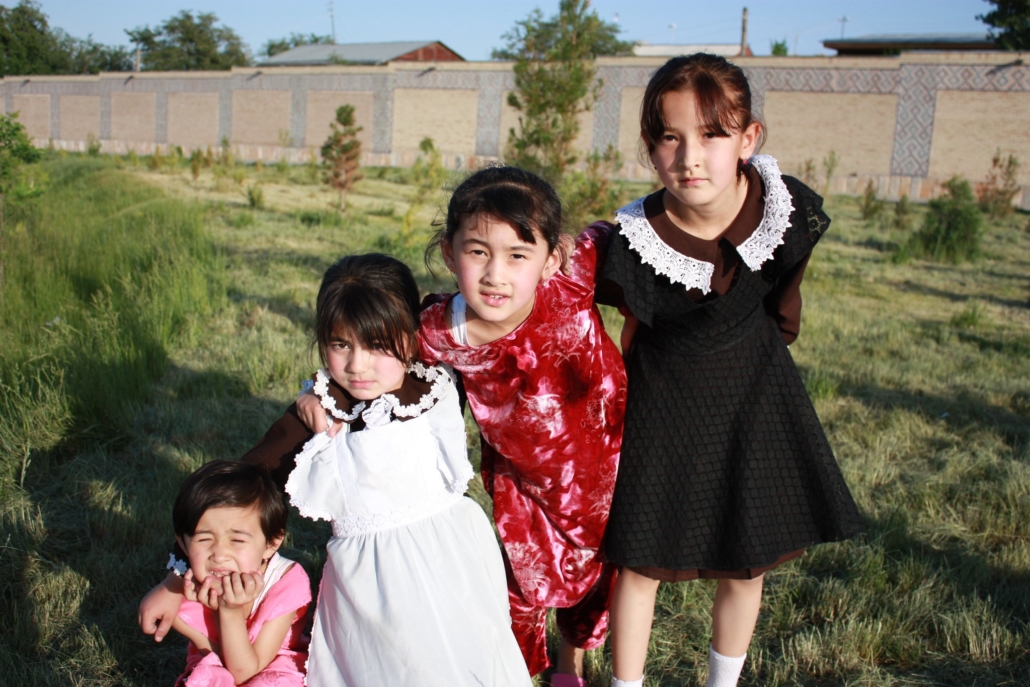5 Facts about Poverty in Uzbekistan

Situated between Kazakhstan and Turkmenistan sits the culturally rich and beautiful country of Uzbekistan. With thriving cities and lush mountainsides, Uzbekistan’s environment makes for blossoming communities. However, the country and communities within it have drastically changed within the last two decades. The Uzbekistan government has successfully lowered poverty rates, decreased unemployment rates and increased education, although these instances rarely make headlines. Here are five facts to know about poverty in Uzbekistan.
5 Facts About Poverty in Uzbekistan
- A Large Drop in Poverty Rates: The poverty rate has decreased by a staggering 14.7% in less than a decade. The national poverty rate in 2015 was 12.8%, in comparison to 27.5% in 2001.
- The Issue of Unemployment: In 2019, 5.9% of Uzbekistan’s population did not have employment, and 19.7% of those unemployed made less than $2 a day. A lack of job opportunities and a distinct living standard between those in urban and rural areas are only some challenges the country is facing. Due to unemployment, many choose to migrate to Kazakhstan or Russia in hopes of more opportunities to send money back home to loved ones.
- Maternal Mortality: In 2000, the maternal mortality rate was 33.1 for every 100,000 births. By 2013, that number had fallen to 20. The fertility rate and the number of unplanned pregnancies had also decreased. Further, rectifying vitamin A, iodine and iron deficiencies as well as affordability and effectiveness have become critical in the development of national health care programs.
- Growing Access to Education: In 2017, only 29% of children between the ages of 3 and 7 had been enrolled in educational facilities. The Uzbekistan government, through a project in collaboration with the World Bank, predicts that 40% of children within that age range will be part of education programs by 2024. The project aims to combat the high student-to-teacher ratio and create remote learning programs for those in rural areas. Access to education is one of the most important ways to fight poverty. Education helps reduce inequality, strengthen the economy and lower the risk of vulnerability.
- Water Access: In March 2020, Uzbekistan accepted a $239 million credit from the World Bank to invest in a water service project. This project aims to reduce water loss and energy usage through improved sewage infrastructure within five communities. When the project reaches completion, more than 500,000 people throughout Uzbekistan will have access to clean water. Access to water will help those in rural areas become more sustainable. Staying clean, hydrating and growing crops will become more available.
Looking Ahead
With a continuous decrease in poverty rates and an increase in educational and sanitation infrastructure, Uzbekistan has made large strides to improve the lives of its citizens. Poverty in Uzbekistan has dramatically shifted over the last two decades. Unemployment rates have dropped, neonatal mortality rates have decreased by more than half and resources such as education and clean water are becoming more accessible to all communities. With progress like this, Uzbekistan is on its way to great improvement.
– Hannah Kaufman
Photo: Flickr
